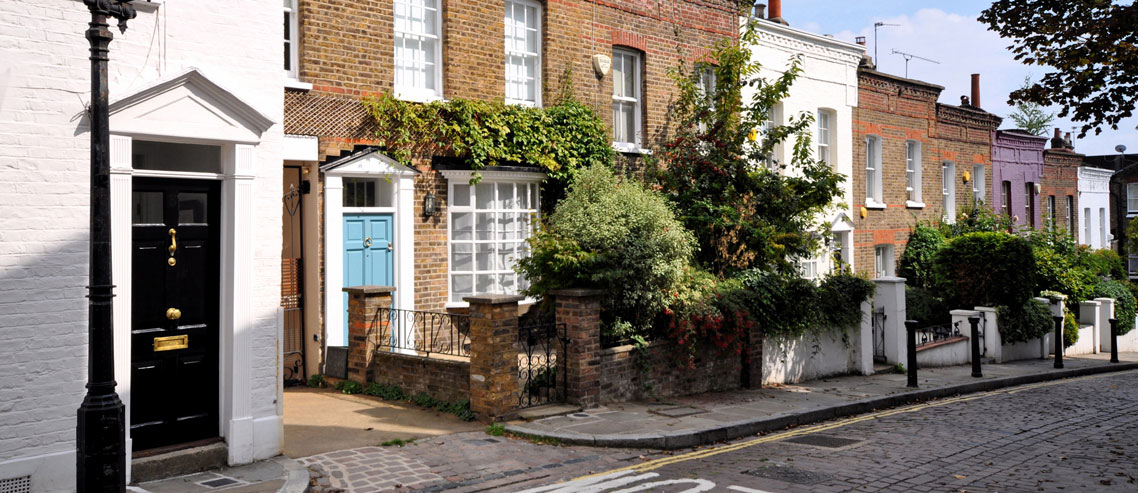What happens if I don’t pay IHT?

Please be advised that the information in this article regarding QNUPS and IHT is no longer accurate due to the recent changes announced in the UK Budget. Starting in April 2025, the regulations will have significant implications that may affect your understanding of these topics. We encourage you to stay informed and consult with a Soteria Trusts expert to navigate these changes effectively.
The UK’s standard Inheritance Tax (IHT) rate is 40%. IHT must be paid by the executor on the net worth of the deceased person’s estate above the tax-free threshold of £325,000 per single person or £650,000 per couple. However, paying Inheritance tax is not always a straightforward matter, particularly if the amount due is more than the executor can afford to pay. This article will discuss what happens if you don’t pay IHT, who has to pay it and when, and what options you have to cover the bill if you don’t have enough money right now.
The Inheritance Tax and Probate Process
When a person dies with a valid Will which names the Executor of their estate, any IHT due must be settled before the estate proceeds can be released to the Beneficiaries. Inheritance Tax must be settled before Probate (the right to deal with the deceased person’s property, money and possessions) can be granted. Even if you don’t think any inheritance tax is due, you need to file an inheritance tax return at the same time as applying for a grant of probate.
Who actually pays any IHT due?
Any tax due is always paid from the estate of the deceased, so technically, it’s the deceased who pays the tax, which must happen before the beneficiaries can get their entitlement. If there was a Will, a named Executor is responsible for settling the IHT bill. If there isn’t a will, it’s the court-appointed administrator of the estate who does this. An Executor is normally nominated within the Will of a deceased person. If there is no Will, a family member would normally apply to the Court to appoint an Administrator to manage the deceased person’s estate in the same way as the Executor does.
Provisions to pay IHT – Life insurance
It is common for the person who died to leave money for their beneficiaries to pay IHT. This is usually arranged through a whole-of-life insurance policy. The policy may also be subject to the IHT bill unless it is written into Trust. Only when the estate has paid the IHT tax and other debts can the executor or administrator distribute what remains of the estate.
Provisions to pay IHT – Pensions and Trusts
Another IHT planning solution often used by families is to set up a Trust or an Overseas Pensions (either trust-based or contract-based). These solutions have the advantage of avoiding the probate process and IHT altogether. Contact us to learn more about our IHT planning solutions.

Does my spouse need to pay Inheritance Tax?
Married or registered civil partners do not have to pay any Inheritance Tax on any asset left by their spouse. Only when the second partner dies does the estate qualify for a married couple’s transferable allowance, which is the sum of two single people’s allowance, or £650,000.
Do I have to pay IHT if I inherit a family home from my parents?
If the value of the estate exceeds the thresholds, then yes, you would have to pay IHT on your parent’s house as well. However, the Residential Nil Rate Band has an additional threshold for direct descendants. The RNRB is £175,000 for an individual and £350,000 for a married couple and only applies to estates worth less than £2,000,000.
Related: Do I have to pay IHT on my parents’ house?
How long do I have to pay inheritance tax in the UK?
Inheritance Tax must be paid within six months of the person’s death. Probate can be granted only when IHT is paid, and then the estate can be distributed to the Beneficiaries of the Will. Please be aware that HM Revenue and Customs (HMRC) will charge you interest if you do not pay by the due date.
What happens if I can’t afford Inheritance Tax?
IHT is the single biggest reason for the division of land in the UK. Unfortunately, many estates are asset-rich and cash poor and at risk of being inaccessible because the Executor/Administrator must pay the inheritance tax within six months of death before being granted Probate. Parceling land up and selling some to pay the tax remains commonplace.
Related: £6.1 BN OF INHERITANCE TAX COLLECTED BY HMRC IN 2021/22
Property and IHT
It is usually the most significant issue when the estate has property or properties that increased in value and took the estate’s net worth above the IHT thresholds. As you can only start disposing of the estate assets after the IHT bill has been paid, Executors can be found in a tricky situation. It is estimated that there are about 2,000 families in the UK each year unable to pay the IHT due to the increased value of the properties within the estate.
When it comes to property, the only way to pay the inheritance tax (IHT) bill is from private funds or with a bank loan, as you can’t sell the property until the IHT is paid in full unless special permission is granted to sell and pay. Banks sometimes grant a loan if you declare that the property in the estate you want to pay IHT for will be later sold to pay the loan off.
Of course, an even better way for families would be to plan in advance for their estate taxes and consider setting up a Trust or a QNUPS (Qualifying Non-UK Pension) to minimise the tax exposure.
What other taxes may I have to pay on the inheritance?
Depending on what you inherit, they may also face other taxes, such as:
Income Tax – if the inherited assets produce a regular income (such as share dividends or rent from a property).
Capital Gains Tax – if you want to sell your inheritance (such as property) for more money than what it was worth when you received it, you may be charged with Capital Gains Tax.
How can I reduce the IHT bill?
Trying to reduce how much IHT is due on an estate is complicated and depends on many factors and your individual situation. We encourage you to download our free Guide to Inheritance Tax (below) for detailed information.
However, in summary, typical ways to reduce your IHT may include:
- Spend your money on items that have no asset value
- Give away up to £3,000 a year in gifts to family members
- Give as many gifts of up to £250 per person away each year
- Leave part of your estate to charity
- Set up a Trust for your beneficiaries
- Set up a Qualifying Non-UK Pension Scheme (QNUPS)

The best way to plan and minimise estate taxes is to talk with a qualified advisor who can explain different ways of reducing UK estate taxes and advise on the best solution to your situation and goals. Whether you are looking to reduce the taxes you will have to pay on the inheritance you are expecting to receive or are looking to make provisions for your loved ones, Soteria Trusts can advise and explain your options. Contact us today to learn more.
